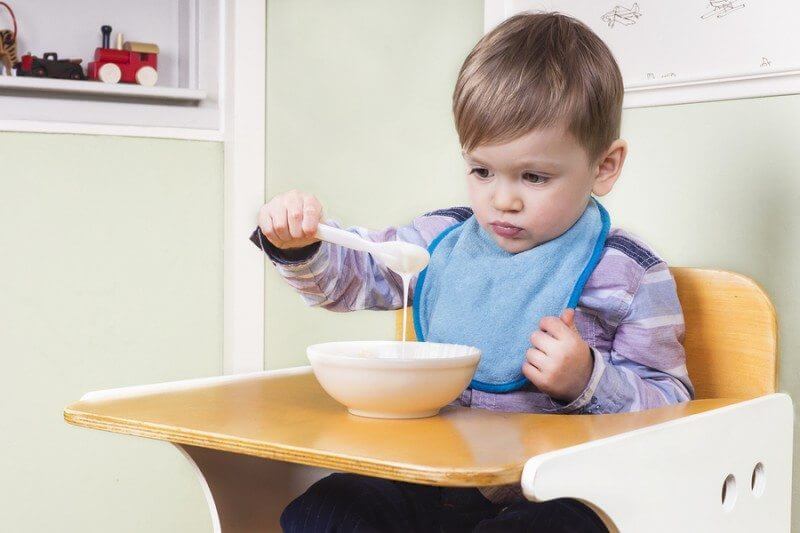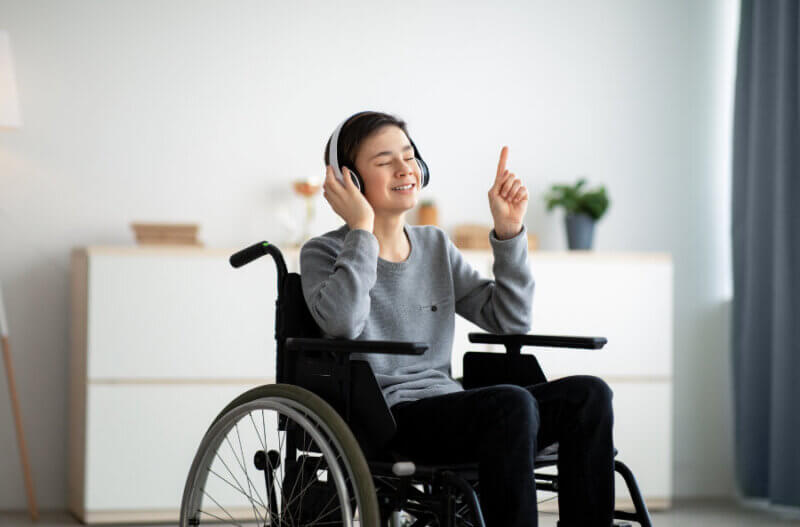Feeding Challenges and Food Aversions: Helpful Hints for Parents of Autistic Children
Feeding a child on the autism spectrum can be a great challenge for parents. Creating healthy meals, eating a variety of foods, eating too little or too much food, focusing on only one texture or food presentation, and gut/digestive issues are just some of the worries parents have when feeding their children. Here are a few helpful hints that I have learned as a mother of two children with autism who are both on specialized diets and struggle with eating.












